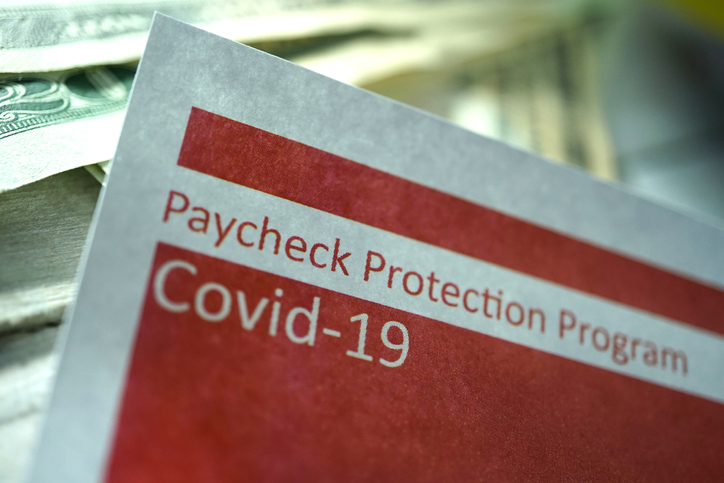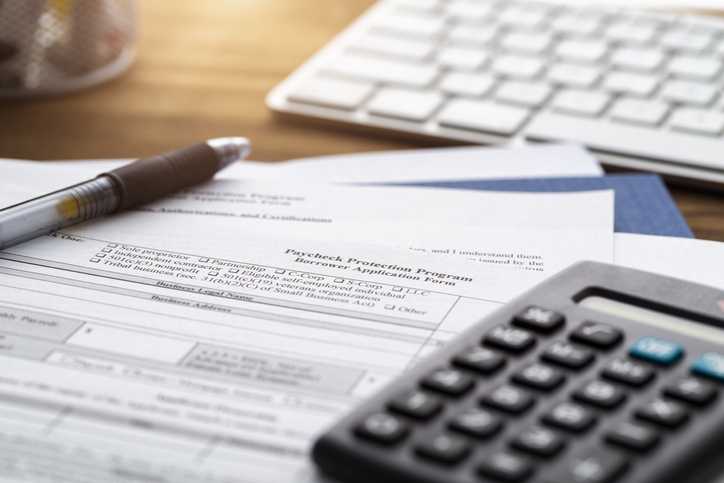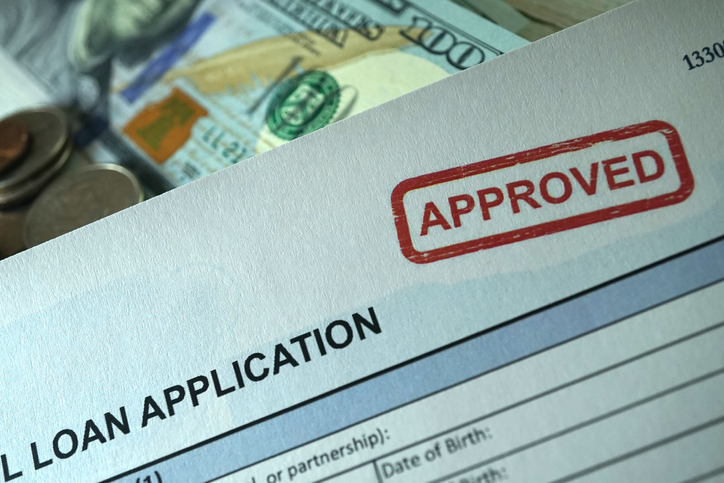The U.S. Small Business Administration (SBA) has announced a major policy shift to allow small businesses in bankruptcy proceedings to receive PPP loans. Previously, filing bankruptcy was one of the many conditions that disqualified a business from tapping the funds. But now, for Chapter 11, 12 and 13 filers, PPP funds may be available as soon as the court has approved the repayment plan.
What Is a PPP Loan?

A Paycheck Protection Program (PPP) loan is a transfer of money from the U.S. federal government to a business to use. The company must use the funds to make payroll and pay other qualified expenses. Qualifying businesses must state that the funds are needed to continue retaining employees despite the economic uncertainties created by the Coronavirus pandemic.
Established by the 2020 CARES Act (Coronavirus Aid, Relief and Economic Security Act), the PPP program provides funds to help struggling small businesses. Ultimately, the point of the program is to keep businesses afloat and workers on the payroll. If the business meets certain conditions, the funds do not need to be paid back. The program began in 2020, and it has been extended several times.
Does Bankruptcy Disqualify You From PPP?
No, bankruptcy does not disqualify you from PPP. A business in bankruptcy can qualify to receive PPP loans once its repayment plan has been approved. Allowing businesses in bankruptcy to get PPP funding is a policy shift from the U.S. Small Business Association that took place in early 2021. While previously not allowed, small businesses can now receive the funds while in an active bankruptcy proceeding as long as they are past the stage where their repayment plan is approved.
PPP in Bankruptcy Policies
Previous SBA-loan policy prevented businesses from applying for PPP funds while they were in an active bankruptcy proceeding. The prohibition was one of a list of disqualifying conditions. The businesses lost out on the $813 billion pot of funds that became available to struggling organizations. In fact, the SBA actively fought to prohibit these companies from applying and receiving the funds.
On April 6, 2021, these policies changed. Now, Chapter 11, 12 and 13 filers may qualify. These chapter filings are available to businesses, family farms and individuals. The application may be processed as soon as the reorganization payment plan is formally approved in bankruptcy court. A reorganization plan is a written plan for how the debtor will address debts. The trustee monitors the plan and the repayment process.
Qualifying for a PPP Loan in Bankruptcy

To qualify for a PPP loan in bankruptcy, the organization must otherwise be eligible for a PPP loan. They must meet standards that include size limitations. However, for certain industries like accommodations and food services, the number of employees may be determined by location rather than total numbers in the entire company. Sole proprietors, self-employed individuals, non-profit organizations, veteran’s organizations, tribal organizations and independent contractors may all be approved.
What Amount of PPP Funding Can You Receive?
If qualified, and if funds are available, the employer may receive 2.5 times the amount of average monthly payroll costs. The average amount is determined by the average payroll for the year. Payments may go towards
- Payroll wages
- Tips and commissions
- Rent
- Interest
- Utilities
- Employee housing allowances
- Paid leave and health benefits
- Taxes withheld from wages
Some payroll-related expenses do not qualify for PPP funds. For example, the employer’s portion of social security taxes is excluded. In addition, Medicare taxes and federal unemployment taxes do not count for PPP funding.
Do PPP Funds Need To Be Repaid for Applicants in Bankruptcy?
Funds may not need to be repaid if the employer meets certain conditions. The company must keep employee numbers at certain levels. Wages for employees must also be stable to receive forgiveness.
Who Is Ineligible for PPP Funding?
Even while in bankruptcy, the same qualifying requirements for PPP funding apply that exist in all other cases. You may be excluded from receiving payments if:
- The business participates in illegal activities
- Employees are nannies, housekeepers and household service providers
- Passive business funds are generated, like a hedge fund or private equity firm
- A public hospital, depending on how it is funded
- An owner of 20% or more of the business is incarcerated, under indictment or on probation or parole for fraud, bribery, embezzlement or making a false statement for financial assistance
- Undocumented persons own the business
- There was a previous default on a loan in the last seven years, causing a loss to the federal government
Funding may not exceed $10 million for an individual applicant. Affiliates can apply on their own, however, so the combined total may be higher.
How To Apply for PPP Loan Funding

A business makes an application for PPP funds directly with a private lender. An organization that is federally insured, like a bank or credit unit or another SBA-approved lender, may process the application. The application may be made on a standard form, or the individual may create a substantially similar form.
Documentation must support an application. The information must confirm payroll information and the amount of funds requested. The applicant must affirm that “current economic uncertainty makes this loan request necessary to support the ongoing operations of the applicant.”
There is no cost to apply. It is a crime to make a false statement in an application. Applications are processed on a first-come, first-serve basis until funds are depleted.
Taking Advantage of PPP Funds During Bankruptcy
If you’re in bankruptcy or considering bankruptcy, the availability of PPP funding is something to consider. A business in bankruptcy may qualify for a PPP loan. However, all of the other conditions for qualification still apply. In addition, the bankruptcy must already be to the stage that the trustee has approved a repayment plan at the time of your application.
If you are in bankruptcy or considering bankruptcy, we invite you to meet with our team of experienced Las Vegas bankruptcy attorneys. Let us help you understand how bankruptcy may impact PPP loans and determine what kind of filing is right for you in light of the entire circumstances. Contact us for your free consultation today.





